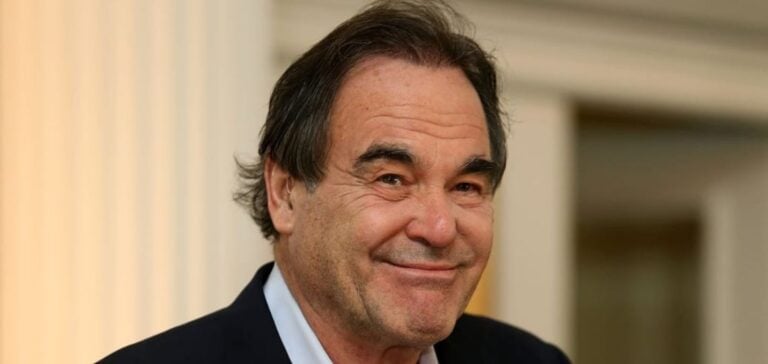Renowned director Oliver Stone explained his pragmatic approach to AFP in “Nuclear Now”, broadcast on Paris Première. The documentary, which opposes traditional ideologies, was presented out of competition at the Venice Film Festival in 2022.
Stone’s scientific argument
In “Nuclear Now”, Stone highlights civilian nuclear facilities in Russia, France and the USA, arguing that nuclear power is a proven and reliable source of energy. It defies popular belief that the risk of nuclear accidents is too high compared to renewable energies.
Stone’s changing perspective
Once opposed to nuclear power, like actress Jane Fonda, Stone has evolved. He now sees opposition to this form of energy as more emotional than scientific. This revelation was born after reading “A Bright Future” by Joshua Goldstein and Staffan Qvist.
Cultural and scientific context
Stone criticizes the tendency to follow ideologies rather than scientific data when it comes to energy. His film argues for a reassessment of the facts, urging the public to see nuclear power not as a danger, but as a potentially life-saving solution.
Impact and controversy
Known for his controversial documentaries on figures such as Vladimir Putin and Fidel Castro, Stone continues to provoke public debate. “Nuclear Now” is no exception, sparking discussion about its straightforward approach to energy issues.
With “Nuclear Now”, Oliver Stone doesn’t just provoke thought: he spurs action, demonstrating that nuclear power is not just an option, but perhaps the key to a cleaner, safer energy future.





















